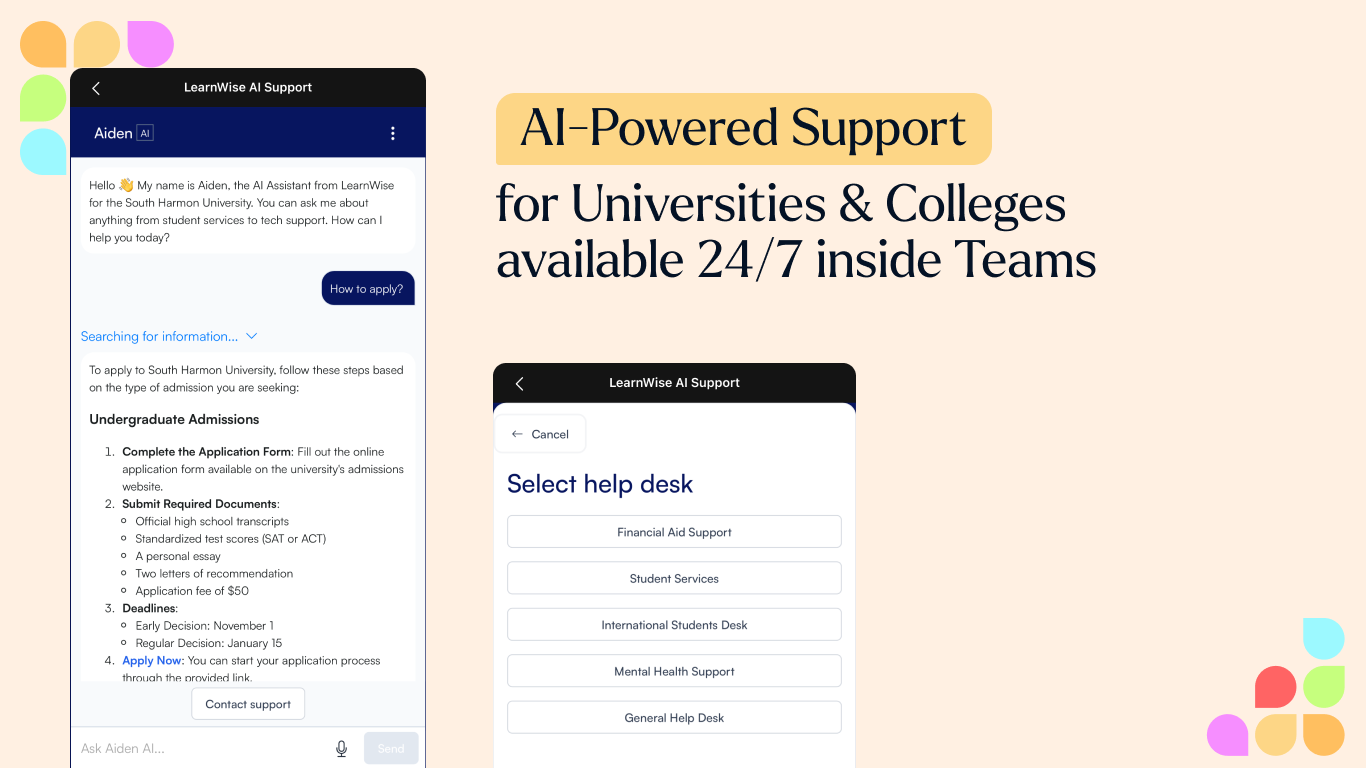Revolutionising Academic Efficiency: Lessons from McKinsey’s AI-powered Lilli

Introduction
Consulting powerhouse McKinsey & Company has recently unveiled its proprietary generative AI tool named Lilli. This innovative tool, designed by McKinsey’s “ClienTech” team, offers real-time insights, data, and expert recommendations by analyzing a vast dataset of over 100,000 documents and interviews. The primary aim? To drastically reduce research time, turning weeks of work into mere hours or even minutes. Here’s what higher education institutions can glean from McKinsey’s foray into AI.
Embrace AI for Efficiency
McKinsey’s rapid adoption of generative AI tools has shown significant productivity gains. With Lilli, research and planning tasks that once took weeks can now be accomplished in hours. Higher ed institutions can similarly harness AI to streamline administrative tasks, research processes, and even curriculum planning.
Centralise Knowledge
Lilli acts as a centralized knowledge hub, answering questions based on McKinsey’s vast internal knowledge. Universities can develop similar tools to consolidate academic resources, research papers, and expert knowledge, making it easily accessible to students and faculty.
Prioritise Quality Over Speed
While Lilli might sometimes be slower than other commercial AI tools, McKinsey emphasises the quality and accuracy of information. Educational institutions should similarly prioritise the reliability of AI-generated content over its speed.
Transparency is Key
One of Lilli’s standout features is its full attribution to sources. This transparency builds trust and ensures users can trace back the origin of the information. For academic purposes, such a feature is invaluable, promoting credibility and rigorous scholarship.
Security and Compliance
McKinsey is cautious about data security, especially when considering the integration of client data. Universities, that handle sensitive student information, can take a cue from this, ensuring that any AI tool they deploy meets the highest standards of data protection and compliance.
Conclusion
In essence, McKinsey’s Lilli serves as a testament to the transformative power of AI in the professional world. Higher education institutions can take inspiration from this, leveraging AI to enhance efficiency, knowledge dissemination, and overall academic excellence.





.png)
%20(1).png)
%20(1).png)
